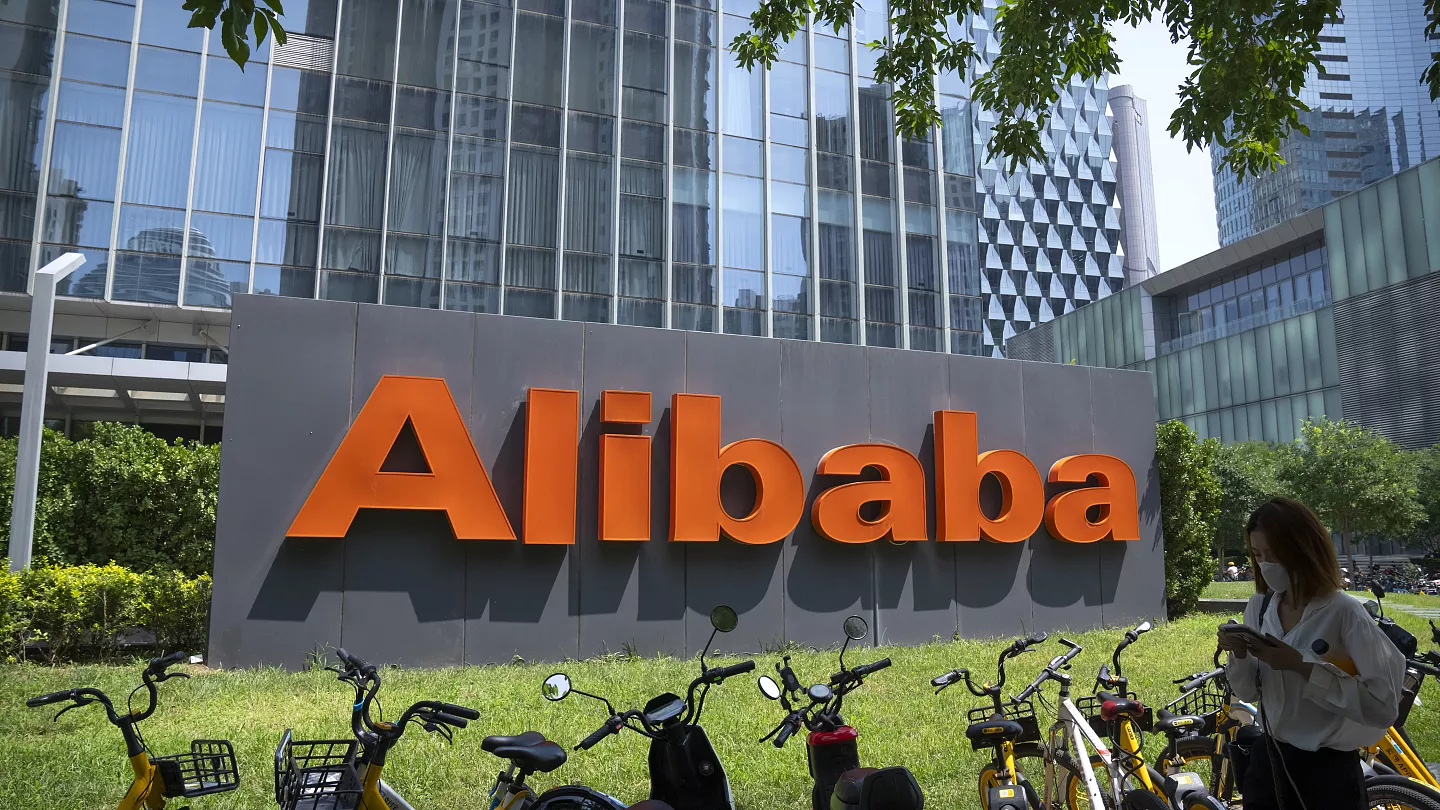Alibaba, the Chinese e-commerce giant, isn’t just sitting back and watching the AI revolution unfold. No, they’re in the front seat, gunning for global dominance in artificial intelligence (AI). On Thursday, the company dropped a bombshell: more than 100 open-source AI models, along with a slick new text-to-video generation tool. This move amps up Alibaba’s competition with rivals like Baidu, Huawei, and even the U.S. juggernauts, Microsoft and OpenAI.
Thank you for reading this post, don’t forget to subscribe!Let’s dive into what all this means—and why you should care.
The Qwen 2.5 Model: More Than Just Numbers
First off, these aren’t just any old AI models. The new Qwen 2.5 models are designed for use in some pretty big sectors—think automobiles, gaming, and scientific research. They’re not just smarter; they’re also way better at things like math and coding, which are critical for applications that require deep computational knowledge.
According to Alibaba, these models can understand prompts and generate texts and images—all based on massive amounts of data they’ve been trained on. So, what’s the big deal about that? Well, if you’re developing apps, tools, or even research papers that need complex calculations or intuitive designs, Qwen 2.5 could be a game-changer.
Open-Source Models: The New AI Frontier
Here’s where things get really interesting. Unlike some of their competitors, Alibaba has decided to open-source these models. What does that mean? Essentially, anyone—researchers, academics, startups, and even huge corporations—can use these AI models to build their own generative AI applications. No need to spend millions on developing AI from scratch. Alibaba’s done the heavy lifting for you.
This isn’t Alibaba’s first rodeo with AI, though. They first launched their Tongyi Qianwen (or Qwen) model last year, and it’s been a hit, downloaded 40 million times to date. That’s right, 40 million. By making the new models open-source, Alibaba hopes even more people will jump on board.
Why Open-Source Matters
Think of open-source AI like sharing your favorite recipe with the world. Everyone can make the dish, but they might tweak it to their taste. By making these AI models accessible to all, Alibaba allows users to save time and money that would have otherwise gone into developing similar technologies. They’re essentially giving the world the keys to the AI kingdom. And this move? It’s a strategic play to get more people hooked on their platform, thereby making Alibaba the go-to for AI needs.
Proprietary vs. Open-Source: What’s the Difference?
While the open-source models are a big deal, Alibaba isn’t putting all its eggs in that basket. They’ve also upgraded their flagship proprietary model, Qwen-Max, which isn’t available for public use. Instead, they’re selling its capabilities through Alibaba Cloud products to businesses.
Here’s where things get competitive. Alibaba claims Qwen-Max beats Meta’s Llama and OpenAI’s GPT-4 in several areas, including reasoning and language comprehension. It’s a bold claim, but it highlights just how confident Alibaba is in its tech. By offering a top-tier proprietary product alongside the open-source options, they’re covering all their bases.
More Stories Like This: Why Gulf States Are Racing to Become AI Superpowers
The New Text-to-Video Tool: Welcome to the Future of Content Creation
And then there’s the text-to-video tool, which might just be the cherry on top of Alibaba’s AI sundae. Imagine typing in a short prompt, like “Create a video about the future of electric cars,” and voilà—AI generates a full video for you. That’s what this new tool does. It’s like OpenAI’s Sora, but Alibaba’s version. This could be a game-changer for content creators, businesses, and even educators who want to make engaging videos without breaking the bank.
In a world where video is king, this tool could be Alibaba’s golden ticket to reaching new customers and businesses who need fast, high-quality content.
Alibaba’s Race to the Top: Why They’re Betting Big on AI
If you’re wondering why Alibaba is pushing so hard in the AI space, the answer is simple: competition. The company, based in Hangzhou, is feeling the heat from both domestic rivals like Baidu and Huawei, as well as global powerhouses like Microsoft and OpenAI.
But it’s not just about AI. Alibaba is also a major player in cloud computing, and they’re hoping these new AI advancements will help boost their cloud division. Historically, their cloud business has lagged behind giants like Amazon and Microsoft. But recent reports show that the division is picking up steam, thanks to innovations like these AI models.
Eddie Wu, the CEO of Alibaba, put it best: “Alibaba Cloud is investing, with unprecedented intensity, in the research and development of AI technology and the building of its global infrastructure.” In other words, they’re all in.
The Broader Picture: China’s AI Push
It’s no secret that China wants to be a leader in artificial intelligence. With rising competition from companies like Nvidia and Western AI firms, Chinese tech companies are under pressure to come up with domestic solutions that rival global offerings. This is where Alibaba’s moves become part of a larger trend—China’s aggressive push for AI supremacy.
As Wu and Alibaba’s leadership continue to restructure the company, they’re banking on AI to be the key to unlocking new growth. After all, AI isn’t just a trend—it’s the future of everything from e-commerce to entertainment and education.
How This Affects You
So, what does all this mean for the average person or business owner? Well, for starters, if you’ve been thinking about getting into AI-driven applications but don’t have the resources to build your own model, Alibaba’s open-source offerings might just be what you need. You can leverage top-tier AI tech without the huge investment.
On the flip side, if you’re looking for cutting-edge video content creation, the new text-to-video tool could save you hours of work (and a ton of cash). The possibilities are endless—from marketing campaigns to educational content. And with Alibaba making a strong play in the global AI market, don’t be surprised if their tools start showing up in your daily life, whether you realize it or not.
Conclusion: What’s Next for Alibaba and AI?
Alibaba’s launch of over 100 open-source AI models and a text-to-video generation tool isn’t just about flexing their tech muscles. It’s about securing a future where AI is accessible to all—and where Alibaba is at the center of it. Whether you’re in China or anywhere else in the world, this move will likely impact how AI evolves, both in terms of technology and business.
But remember, the AI arms race is just heating up. And with companies like Alibaba stepping up their game, the future of AI is going to be anything but boring.
Continue Reading: Astronauts reveal what life is like on ISS – and how they deal with ‘space smell’

